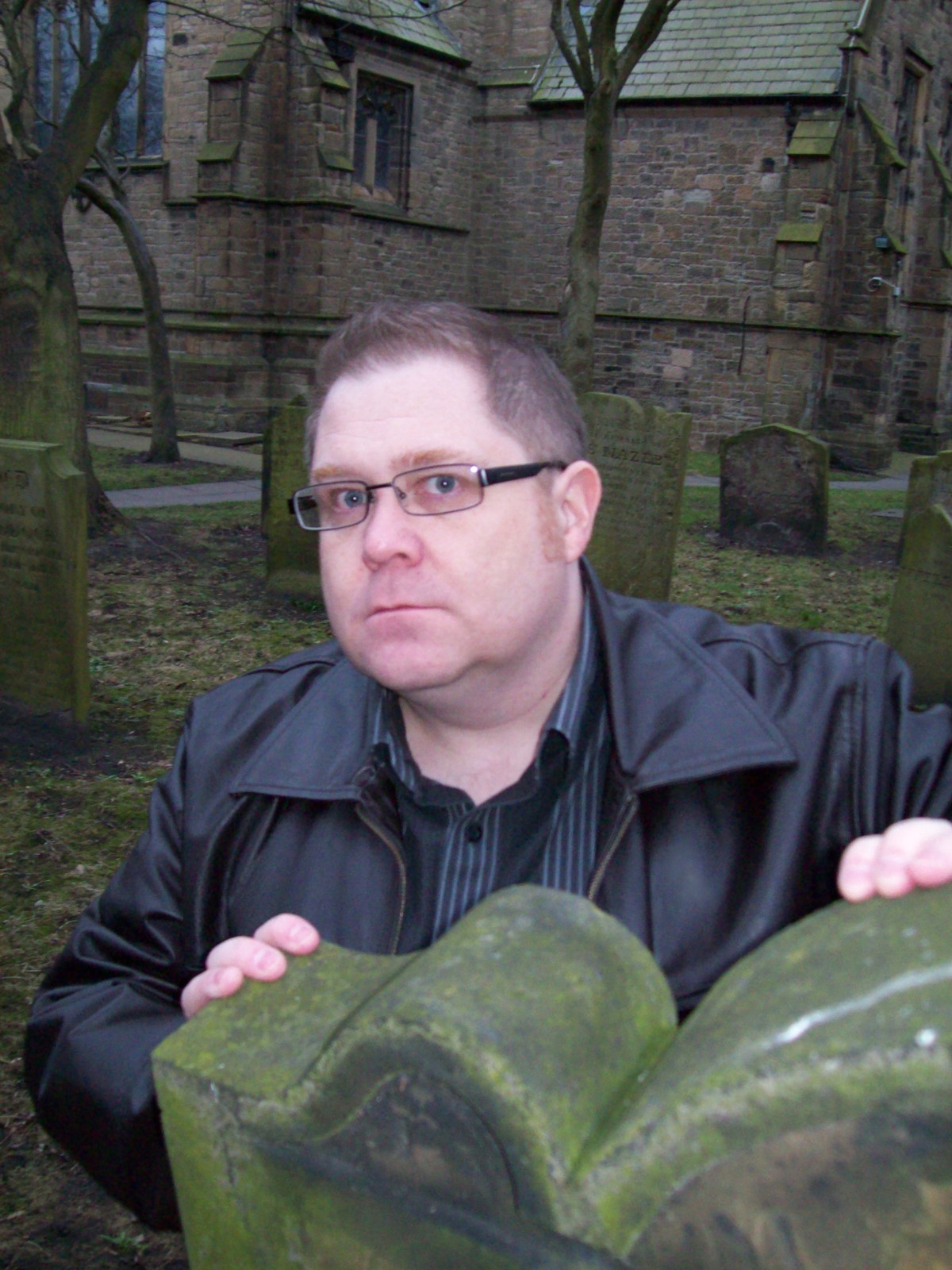Science fiction stories work best when they are rooted in reality. That may sound like a strange thing to say, but, if you examine the best sci-fi tales out there, you’re likely to discover that the ones that seem almost plausible are often the most memorable.
The secret is to take the ordinary, and add a layer of futuristic mystery on top!
My Read On book, Cyber Shock, takes place in an average school – where pupils make alliances, tease each other over their little quirks and habits, and play football against each other at break time. But, when new boy Mark Tenby is tackled during one such game, he and his best friend Al are horrified to find computer chips and wires beneath his skin, instead of blood and bone.
So – normal school day, boy accidentally discovers he’s really a robot.
The franchise that takes this idea to the extreme is my favourite TV show of all time – Doctor Who. Here, the hero looks like a normal man, but he’s really an ancient Time Lord who can regenerate his entire face and body in times of crisis. His ship looks like an old, 1960s London Police Box, but it’s really a brain-boggling time and space machine that’s bigger on the inside. Even his trusty screwdriver is a sonic device that can break locks, hack computer systems and re-build barbed wire fences.
In 2013, to help celebrate the 50th anniversary of Doctor Who, the BBC commissioned me to write a novel featuring the Eleventh Doctor and his companion, Clara Oswald (as portrayed on TV by Matt Smith and Jenna Coleman). I set the story on Earth – in Dallas, Texas on 23rd November 1963 (the day after the assassination of President John K Kennedy, and the day the very first episode of Doctor Who appeared on TV in the UK). This tangible setting, along with the background of real, historical events, made the final story – Shroud of Sorrow – incredibly creepy, mainly because the alien attack suddenly seemed more authentic than if it was happening on some distant, imagined space station.
So, where will your next sci-fi adventure take you? Hopefully, somewhere very close to home.
by Tommy Donbavand
 Tommy Donbavand was born in Liverpool, where he grew up reading stories of science fiction, horror and mutant badgers. Soon he began to write his own tales of terror, in which he fed the more popular kids in school to slavering, tentacled monsters. Years later, he’s still doing just that – only now people pay him for it. The fools! He is the author of the Scream Street series, Doctor Who: Shroud of Sorrow, Cyber Shock and dozens of other great books guaranteed to make you sleep with the lights on!
Tommy Donbavand was born in Liverpool, where he grew up reading stories of science fiction, horror and mutant badgers. Soon he began to write his own tales of terror, in which he fed the more popular kids in school to slavering, tentacled monsters. Years later, he’s still doing just that – only now people pay him for it. The fools! He is the author of the Scream Street series, Doctor Who: Shroud of Sorrow, Cyber Shock and dozens of other great books guaranteed to make you sleep with the lights on!


